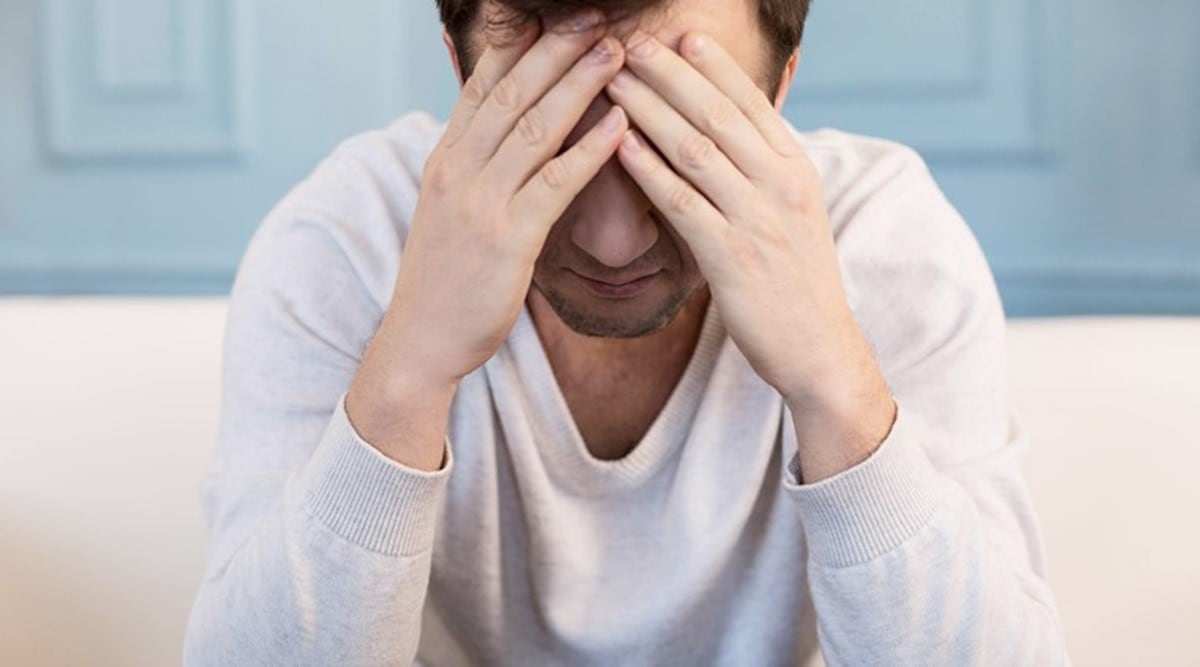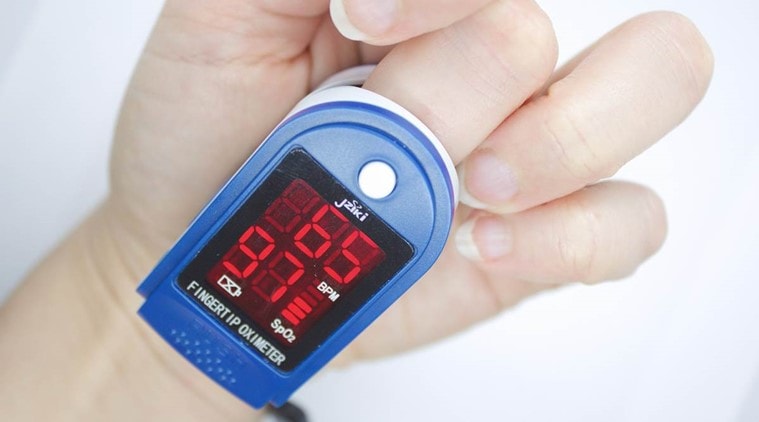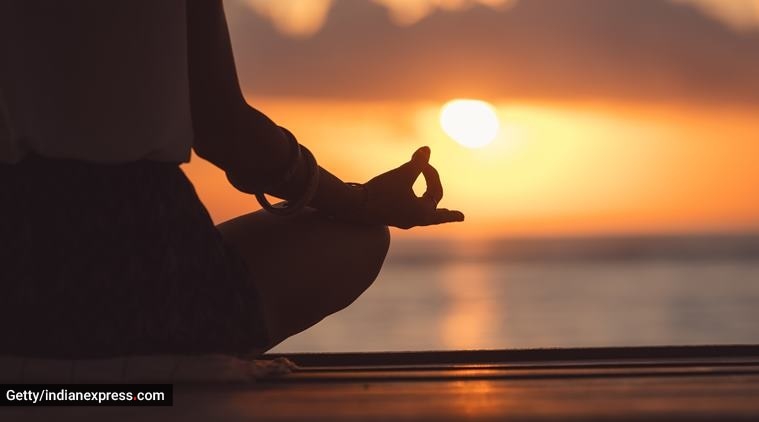My Covid diary: First it was the infection; then it turned into stress and anxiety
I had anxiety and was suffering from, what is known as, "excessive reassurance seeking (ERS)"

The coronavirus infected me at a time when India was undergoing its worst phase in April 2021. Fortunately, my family was safe and I tested negative after 21 days. But the fatigue and tiredness remained. What began as a mild symptom on April 25, soon turned into a serious worry, and before I realised, anxiety.
My infection happened when getting an RT-PCR test was a nightmare. I gave my samples to three labs, of which one shut down. Of the other two, one came back positive and one negative. That, too, after day seven of my infection; reports arrive after 72 hours.
By then, every day from noon to night, I would run a mild temperature (not exceeding 99.8). I was allowed to take medicines, but it happened from day 1 to 17, and it freaked me out. I made the mistake of consulting multiple doctors. One of them, from an app, suggested this was indicative of serious complications, leading to a cytokine storm and hospitalisation.
It triggered panic. I kept wondering why my body temperature would not go down despite 17 days of quarantine. I kept hearing that people with serious symptoms and higher temperatures recover in seven days, but for me, it went on for more than two weeks. Gradually, my concerns started to turn into compulsive behaviour.
Behavioural change
I had started to stress more. I would check my temperature and the oximeter every two hours. Too much exposure to social media, along with isolation and worry for my parents, kept me awake even at night. There came moments just before bedtime, where I could simply not sleep, internalising everything. My brain would throw up scenarios and I would focus on the worse possible outcome. It seemed like a never-ending cycle.
I was told it’s important to come out of my head. But it was hard, really hard. I would talk to different people (friends and family), but seek the same reassurances: I will be okay and recover completely.

It was then that I was told by a family doctor I had anxiety and was suffering from, what is known as, “excessive reassurance-seeking (ERS)”. I was trying different forms of excessive reassurance-seeking safety behaviours.
My doctor suggested I stop checking my body temperature and accept it as a mild infection that would go away. “Thermo dysregulation” was the problem, they said, and that it would “stop slowly but surely”.
How I coped with anxiety
I started focusing my attention on the here and now: noticing the positives. Breathing slowly in and out — gently bringing my mind back to my body and breathing every time it drifted — until I felt calmer.
I started being more open with my friends, talking and connecting with them.
Social media was a trigger; I distanced myself from it. I once saw a harrowing image of a woman struggling for oxygen. It had remained with me, giving me many sleepless nights. Hence, I made the conscious choice of removing all social media applications.
Laughter was another cure, as was football.
Why am I sharing this?
I went through an ordeal and I would not want anyone else to worry. Consume news from credible sources and consult, at best, two doctors.
For relaxation, there is nothing better than meditation. Once you get into the groove, it is calming and it brings a sense of peace, especially with controlled breathing.

Today, as I sit and write for the first time in almost a month, I still feel tired but grateful. Grateful for my therapist who helped me come out of this and grateful to the few close people around me without whom I may have fallen into an abyss. All I can say is, thank you.
I would like to end with a quote from the Hogwarts headmaster Albus Dumbledore, “Happiness can be found even in the darkest of times, if one only remembers to turn on the light.”
Source: Read Full Article
